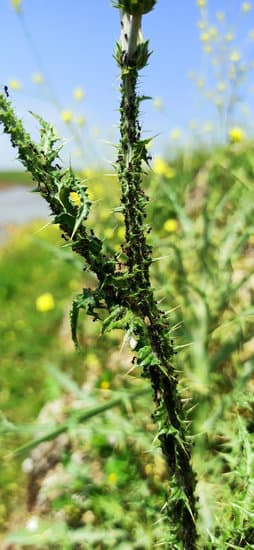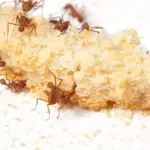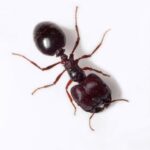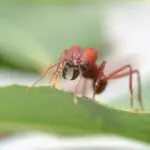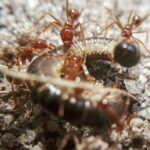Why Do Ants Give Off a Smelling Smell?
Unlike most insects, ants have an olfactory system that uses their antennae instead of their noses. They have a complex sense of smell, and use it to communicate with other members of the colony. They use pheromones to identify a food source, to send alarm signals, and to keep track of their workers.
Pheromones are chemical scent signals that are produced by animals and insects. They help to control behavior and to maintain a complex social structure. Ants are very good at smelling chemicals that do not evaporate easily.
The olfactory system of most insects has three classes of odor receptors. These include ionotropic glutamate receptors, which are tuned to a variety of poisonous compounds, gustatory receptors, which react to some pheromones, and odorant receptors, which identify different aromatic compounds.
The ant olfactory system has four to five times more odor receptors than most other insects. There are roughly 400 odorant receptors, similar to the number of odor receptors in humans.
The ant’s ability to smell may have something to do with genetics. The ant’s olfactory system is located in its antennae, which is covered by chemical receptors. These receptors help the ant to smell and taste.
Ants also have pheromones on their bodies. These pheromones are chemicals that are used to identify members of the colony, send alarm signals, and to maintain a complex social structure.
Some ants also release odors when they are crushed. When a worker dies, it releases oleic acid, which smells like olive oil. This is thought to warn other ants of the death of an insect.
